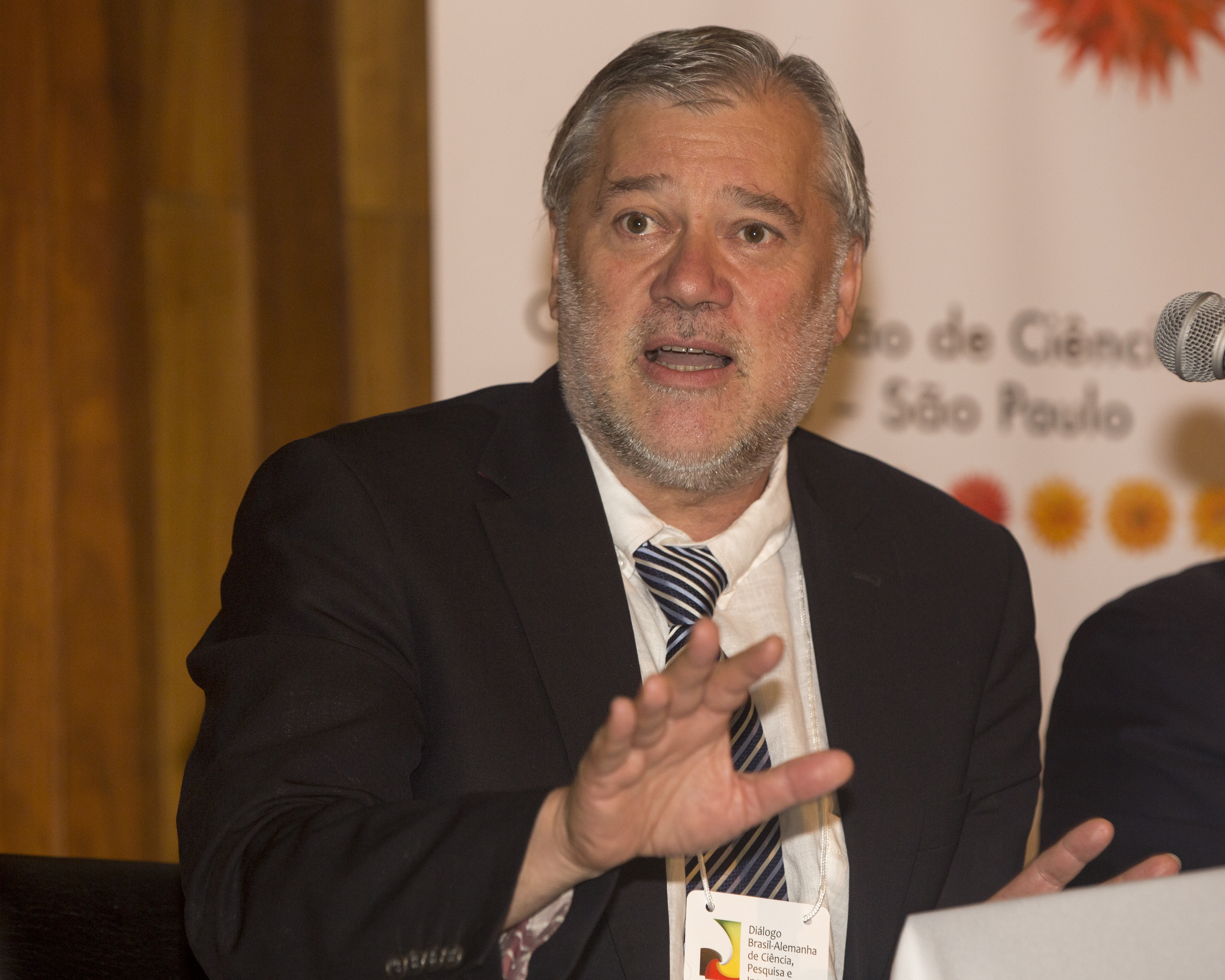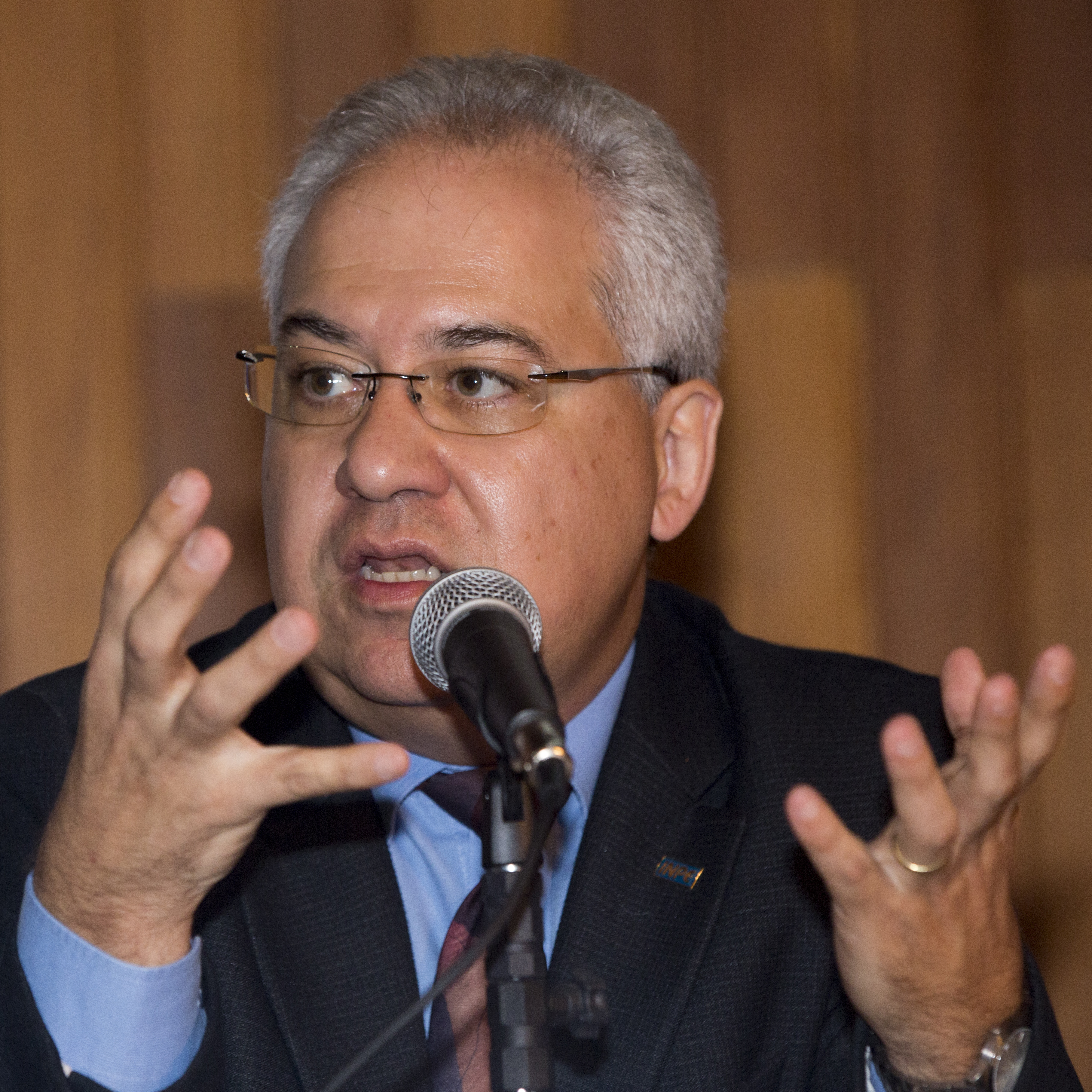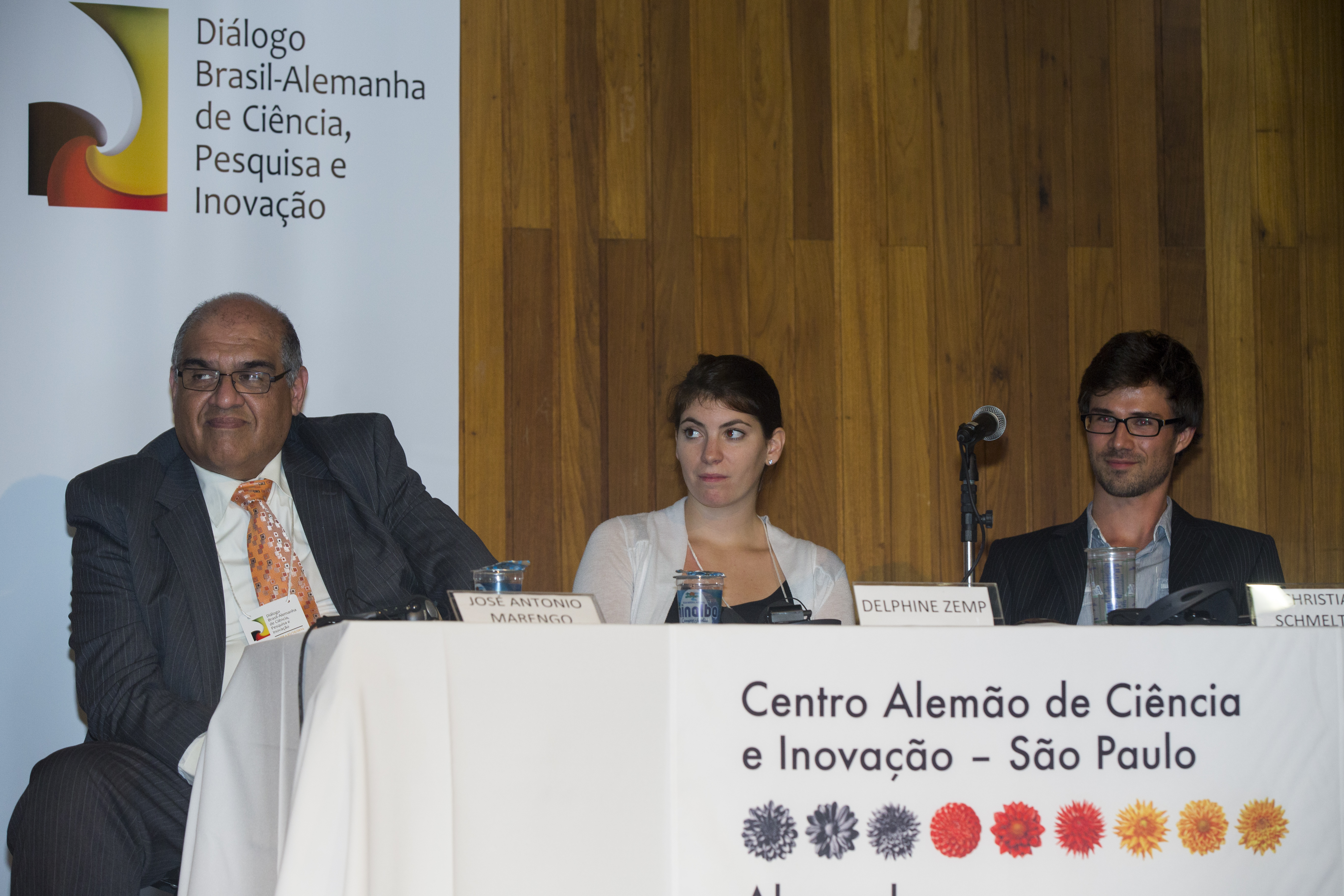German-Brazilian Research Training Group Enters The Second Funding Period
Spokesperson for the German contingent: Professor Dr. Kurths, Humboldt University of Berlin, Potsdam Institute for Climate Impact Research (PIK)
© Marcos Issa - Argosfoto
(26.04.16) The second funding period of the German-Brazilian International Research Training Group "Dynamic Phenomena in Complex Networks" was launched on 1 April 2016. The Research Training Group has been funded by the DFG and FAPESP since 2011 and both organisations have extended it by another four and a half years.
The Research Training Group programme focusses on theoretical studies on the principles of self-organisation in complex networks that change over time. It also investigates the influence of heterogeneity on the network structure, of multi-scale time delays and stochastic sources and this is closely linked with the examination of experimental and natural networks of increasing complexity. An example of such a network, which is also at the heart of the RTG's research, is the Earth system. The research programme is divided into four sections: fundamental aspects of the dynamics of networks, stochastic dynamics and transport, the Earth system and networks, and neural networks.
The German part of the RTG is located at the Humboldt University of Berlin and the Potsdam Institute for Climate Impact Research (PIK). The Brazilian partners are at the University of São Paulo (USP), the University of Campinas (UNICAMP), the Federal University of ABC (UFABC) and the Federal University of São Paulo (UNIFESP). The National Institute for Space Research (Instituto Nacional de Pesquisas Espaciais, INPE) is also involved. This is one of the most highly regarded research institutes in Brazil researching meteorology, climate change, Earth observation, space and atmosphere research as well as aerospace engineering. Its programme includes projects to improve the precision of weather forecasting and monitor slash-and-burn and agricultural land use in the Amazonas region. The Institute offers much of the data it collects for public use via the Internet. With this profile, the INPE is an ideal collaboration partner for a joint investigation in the Research Training Group into global warming and changes in land use in the Amazonas region. As well as the spokespersons and the doctoral researchers, there are numerous researchers in physics, mathematics, climatology, biology and geography involved.
The training concept of the RTG provides for both German and Brazilian supervision of each doctoral researcher, annual Summer Schools, workshops and practice-oriented on-site learning. This is supplemented by the extensive use of innovative study methods such as teleconferencing, e-learning and a wikiversity. During the doctoral phase, which lasts three years, the early career researchers as a rule spend six months with their supervisor in the partner country working jointly on their research project. This gives them the opportunity to research and publish in an international context at an early stage in their careers.
There is more information on the International Research Training Group "Dynamic Phenomena in Complex Networks" at


